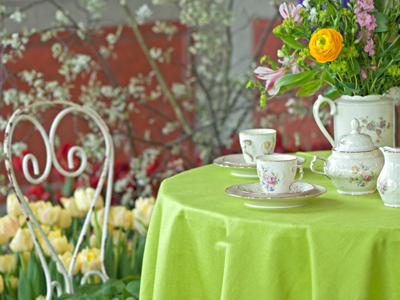

Verbs (Modal)
This English Language quiz is called 'Verbs (Modal)' and it has been written by teachers to help you if you are studying the subject at middle school. Playing educational quizzes is a fabulous way to learn if you are in the 6th, 7th or 8th grade - aged 11 to 14.
It costs only $19.50 per month to play this quiz and over 3,500 others that help you with your school work. You can subscribe on the page at Join Us
In the world of English, modal verbs such as 'can', 'will', 'shall', 'may', 'ought' and 'must' help main verbs, for example: 'he can run fast.' The verb is 'run' and the modal verb is 'can'.
To sharpen your modal verbs skills, have a go at the following quiz.
They might not go to the wedding but I might go.
Can you pass me the salt please? I might need it.
May I borrow this book please? I will read it tonight.
I must go to the wedding and you ought to go too.
Should we call him? He might still be at home.
I will see my cousins tomorrow; I might see my aunt too.
I will receive my exam results later and Amy might too.
I will see you next week; you must come when you can.
Would you like a cup of tea? I'd like coffee please.
When can we meet? I must do my homework first.
Ready for more?
not all...
quizzers. Try to win a coveted spot on our Hall of Fame Page.






